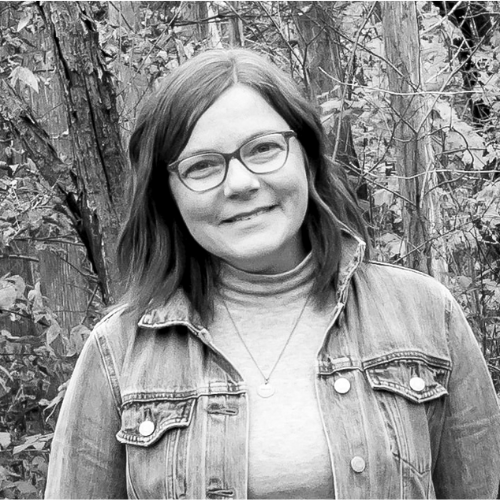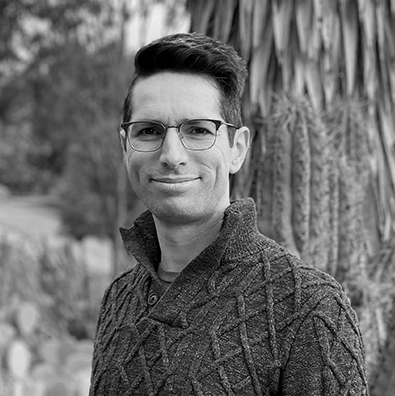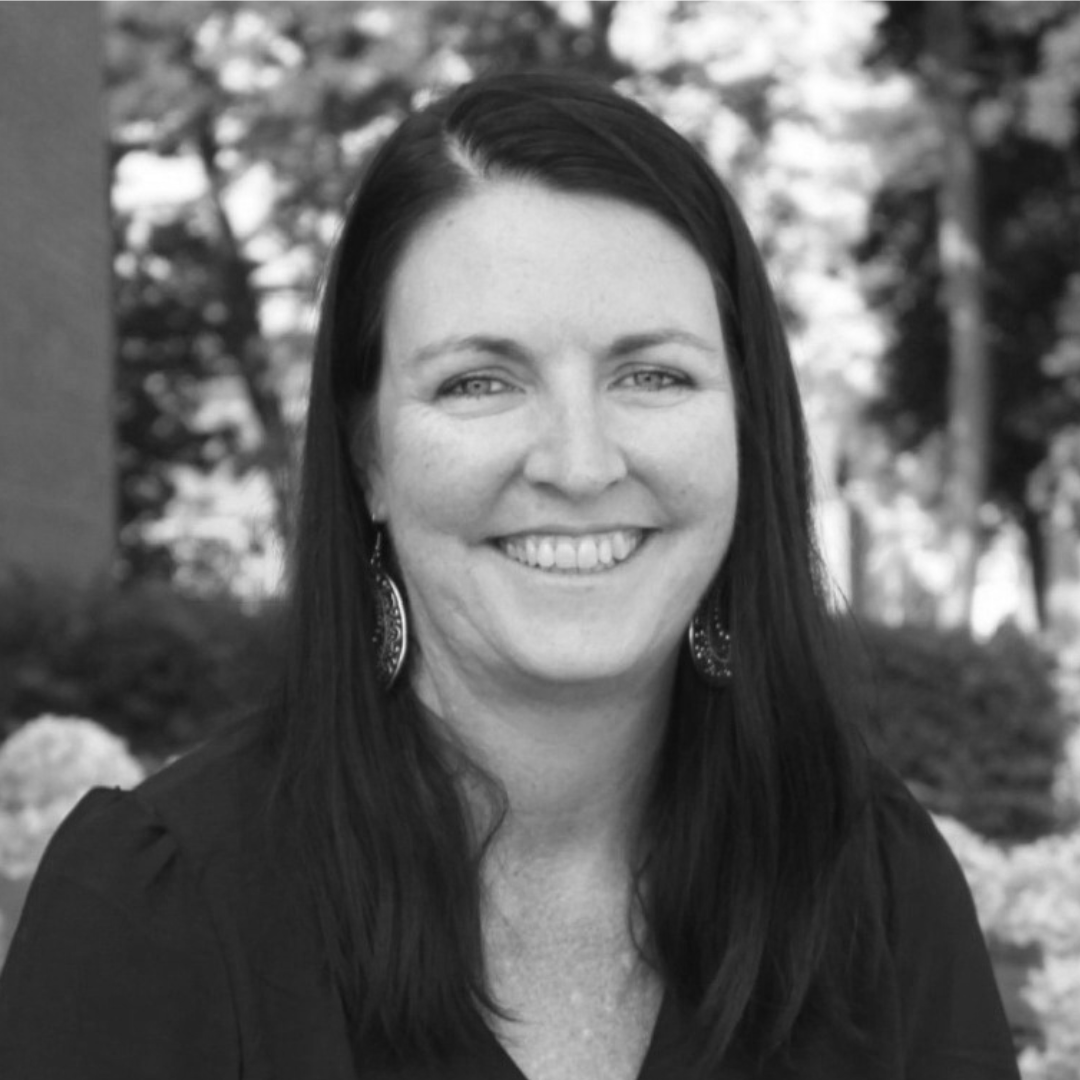About Elevation
At Elevation, we’re committed to creating a culture of thoughtful spiritual engagement, fostering a community of authentic belonging, and inspiring and empowering active, generous involvement in the world around us. You can read a detailed overview of what we call Our Key Values below
VALUES & VISION
Our process for discerning a vision for this community together has included three considerations: our values, our vision, and our mission. We sometimes use the word implementation alongside mission in order to differentiate between the mission or missions activity of the church, and the various ways we are working to move toward actualizing and arriving at our vision.
Here’s how we are using these three concepts:
Values
Why?
Vision
Where?
Values
help us when we’re faced with a choice or a challenge. They anchor us. They root us. They help us to know why we would choose one thing over another.
Vision
describes where we are going. It speaks to both our desired destination and the kind of community we are seeking to become.
Our Values
Included in this document is a reminder of our communally affirmed values, as well as the preface that describes how we hold them:
With Jesus as our Centre, our Source and the One through whom we read scripture, we seek to live out the following values with authenticity and humility:
Embracing Spirit-Led Direction and Growth
We aspire to be a people who seek to encounter Jesus together, and who experience personal and communal transformation through the ongoing cultivation and renovation of our faith. We desire to be open to the ongoing work and guidance of the Holy Spirit in our lives – marked by curiosity, humility, a willingness to take time to listen and the courage to take risks.
Embodying Justice, Equity and Good News for All
We aspire to be a people seeking justice and peacemaking by joining with the work of Jesus in the redemption and renewal of our relationships with God, one another and the Earth. We recognize our call to be people of reconciliation, and seek to live this out in the ways that we both contemplate our spirituality and work toward a more just and mended world.
Cultivating Diversity and Inclusion
We aspire to be a people who reflect the diversity of our region, where all people are both invited and welcomed into full participation. We desire to build a bigger table for all – creating spaces where the dignity and belovedness of each individual is recognized and where we lean into the practice of hospitality together as a community.
Nurturing Interdependent Community
We aspire to be a people who experience a sense of belonging and deep relationships as we share life together. We seek to walk with integrity, honesty, transparency and collaboration with one another – reimagining how power is held and fostering wider participation in all areas of our community.
Living Generously Beyond Ourselves
We aspire to be a people with open hands and deep gratitude, who seek to imitate and extend the compelling generosity of God to others. We strive to care deeply about what happens beyond our church community – expressing love for our neighbours, our city, and the world we live in.
A Compelling Vision for Our Community
These three word couplets resonated deeply with our team. They captured themes we saw emerge from the community discernment. We believe they represent both a present longing and future hope for our community. Here‘s what we mean by these three ideas:
By Open Hands we mean…
- Humility and curiosity with our faith and each other
- Transparency and accountability in our decisions
- Generosity with our gifts and resources
By Diverse Voices we mean…
- Shared teaching and leadership
- Inclusive practices and participation
- Diversity in representation
By Reimagined Church we mean…
- Balanced rhythms for how we gather, rest, and serve
- A desire to serve and connect beyond the pews
- Critiquing and reshaping of power structures and
systems
HOW WE BELIEVE
Just because a group of people have chosen to gather around a common purpose doesn’t mean they will always think alike. While doctrinal differences often lead to division, at Elevation, it’s our desire to create a culture where diversity is valued and unity is strengthened. You can read more below.
Theological Commitment
We have chosen to live with firm but permeable boundaries*, where we clearly articulate our corporate theological commitments, while also allowing for the free flow of ideas. We believe it’s possible to have unity without demanding uniformity.
After all, the life-giving centre for Elevation is not a particular statement or belief, but a trusting way of life rooted in Jesus. Our Key Values articulate what it looks like for someone to follow Jesus as a member of the Elevation community.
While beliefs do not comprise the centre of our faith, they can help give shape and meaning to the centre. We humbly hold on to a number of core faith expressions and the teaching and leadership of the church will draw from this well of understanding. Those who believe differently are still able (and are, in fact, invited) to contribute to the theological vision of the community as a whole.
In light of all of this, and in unity with our broader Jesus Collective family, we acknowledge the formational significance of the following core faith expressions:
Jesus is Lord.
Everything about us starts and ends with Jesus, the Alpha and Omega, the author and finisher of our faith, and the King of our Kingdom. Jesus is God in the flesh, the union of God and humankind, our doorway to knowing, understanding, and experiencing God and our true humanity, and the model and means for our reunion with God. Jesus is the authoritative living Word of God to us, and we submit to him as his lifelong apprentices, Kingdom citizens, commissioned ambassadors, and beloved friends. Through Jesus, we get to know the Father and experience the Spirit.
God is Love.
The essence of the Source and Sustainer of the universe is love. Love is relational energy, within and between persons. God is, by definition, always relating within Godself. God is triune, three-in-one, Father, Son, and Holy Spirit. Everything God does is an expression of who God is, which is eternal,
infinite love.
The Holy Spirit Empowers.
The Spirit, the breath of God, blows us toward Jesus, grows the fruit of love in our hearts, empowers us for ministry, and distributes gifts among the Church to help build up the Body of Christ. Through the Spirit, we have the mind of Christ, and continue to experience the presence of God at all times for conviction, confirmation, and comfort.
We Are Valuable.
Humans are made in God’s image and likeness, made by Relationship for relationship, by Love for love. As the parables of the lost coin, lost sheep, and lost son affirm, we have lost our way through our own sin and are unable to save ourselves. But Jesus shows us a God who values us enough to pursue us, restore us to who we were made to be, and celebrate with us whenever we come home.
Something is Wrong.
The Bible teaches, history demonstrates, and experience affirms that something is wrong with everything. This world is filled with both beauty and horror, and humans amplify experiences of both. The Bible calls the corrosive force that separates us from God, from each other, and from our better selves, “sin”. Jesus came to heal our hearts, save us from sin, and show us a better way.
Saved By Grace.
Through Jesus’ life, death, and resurrection, God brought an end to his own religion (the Old Covenant), inaugurated the New Covenant (a new way of being in relationship with God and one another), and offers us eternal and abundant life now, all as a gift. In this New Covenant, God gives all believers a new heart, a new spirit, and God’s own Spirit to change us from the inside out. This is pure grace, which we receive by simple faith, expressed in following Jesus.
Faith is Following.
To believe in Jesus is to trust Jesus, which is to follow Jesus. Biblical “faith” includes “faithfulness”. Jesus calls us to follow him, through death, to life. Christians pledge their allegiance to King Jesus as Lord, Leader, Messiah, and Master. We are not just believers, but disciples, apprentices of Jesus, learning together how to obey everything he commands. Baptism is not only about our death to and cleansing from sin, but also about us rising again into a new life of faithfulness to and intimacy with Christ.
Scripture is Inspired.
Like John the Baptist and the star of Bethlehem, the Bible points people to Jesus. The Bible, Old and New Testaments, is our God-given window to see Jesus most clearly, and is useful to equip us for living as his disciples. We believe in the divine inspiration and delegated authority of all Scripture and we read and interpret the Bible together, with Jesus at the centre. Most importantly, the Bible helps us know Jesus, and Jesus helps us interpret, understand, and apply the Bible. (Note: In practice, while many Christians speak of the “inerrancy” and “authority” of the Bible as the “Word of God”, we tend to reserve this language for speaking of Jesus.)
Peace is the Way.
Because we see Jesus’ life and teaching as God’s authoritative Word to us, we take his teachings about all things – including non-violent enemy-love, active peacemaking, relational reconciliation, and the priority of receiving and offering forgiveness – very seriously. We seek to live peaceful, reconciled lives, to encourage other believers to do the same, and to actively extend the peace of Jesus to the world. We especially desire to be peacemakers within the fractured body of Christ as we make every effort to keep the unity of the Spirit through the bond of peace.
Citizens and Ambassadors.
Jesus came to establish his Kingdom and he invites us to live in it now. This isn’t a Kingdom of land and laws, but one of our hearts and relationships. This Kingdom defines for us a new culture and identity that stand in sweeping contrast to the kingdoms of this world. Christ-followers are ambassadors on behalf of the Jesus Nation to the people of all nations, with church communities functioning as embassies to experience a taste of the Christ Country. Our purpose every day is to experience, express, and extend the Kingdom of Heaven on Earth.
* Miroslav Volf, A Public Faith
OUR 2SLGBTQ+ COMMITMENT
Elevation seeks to be a safe and welcoming place for all people to follow Jesus. We recognize and mourn the fact that many of our 2SLGBTQ+ siblings have been excluded from and oppressed by the Church. We believe that this is not the way of Jesus. We seek to do and be better as we follow Christ together.
You Can Choose
We believe everyone should act according to their convictions and personal discernment, and our community will seek to support you whether you choose to pursue marriage, a relationship or singleness. The pronouns you feel most comfortable with are what we desire to use. We recognize that we may sometimes get it wrong. We hope that you will feel comfortable to remind or correct us. Please feel free to use the washroom you feel most comfortable in. All-gender washrooms are also available.
You Will Be Respected
We believe that all people are created with dignity and intrinsic value, being made in the image of God. In our community, we recognize that we may hold many diverse views on any given topic. However, we strive to walk together with love, grace and respect, and therefore abusive language or behaviour will not be tolerated. While Elevation is committed to respecting each individual’s right to interpret and live out scripture according to their convictions, we are committed to approaching our teaching with an anti-oppressive lens – reflecting the commitments of this document.
You Will Be Celebrated
You, your marriage and your family as part of the 2SLGBTQ+ community will be celebrated and valued just as we would celebrate and value any other individual, marriage, or family. We also seek to highlight the diversity of our community in our stories, artwork and communication.
You Can Participate
We want everyone at Elevation to be involved in the life and ministry of our church. We welcome 2SLGBTQ+ individuals at all levels of leadership, including staff and the Pastoral Team.
You Will Be Listened To
We know we will not always get it right. We commit to being open to feedback from the 2SLGBTQ+ community and seek to listen and do better. If you have any questions or concerns you can contact the office (info@elevationwaterloo.org) to be put in touch with Brian Pengelly or Melissa Burke.
WHO WE ARE
Our Staff Team
A large number of gifted people give generously of their time and abilities to help make Elevation the community it is. Among these, we have a dedicated team of pastors and support staff who serve the community, each with a specific portfolio and corresponding areas of responsibility.

Melissa Burke
Co-Lead Pastor

Sue Campbell
Administrative Coordinator

Jonathon & Heidi Sawatzky
Youth Coordinators

David Eckmier
Children's Ministry Coordinator

Carl Leisegang
Teams & Communication Coordinator
Our Board of Directors
In addition to our Staff team, Elevation is led by a Steering Committee, which is also known as our Board of Directors. To contact the Board of Directors, please send an email to sc@elevationwaterloo.org.
The current members of this senior leadership team are pictured below:

Larissa Conley
Co-Chair

Tyler Loveman
Co-Chair

Laura Kingston
Secretary

Anna Pengelly
Treasurer

Steve Van Bruwaene
Ministry Support

Linda McDonald
Ministry Support
MEMBERSHIP
We’re currently reviewing the by-laws regarding membership at Elevation. If you’re interested in becoming a member, get in touch with us and we will add you to the waitlist.
